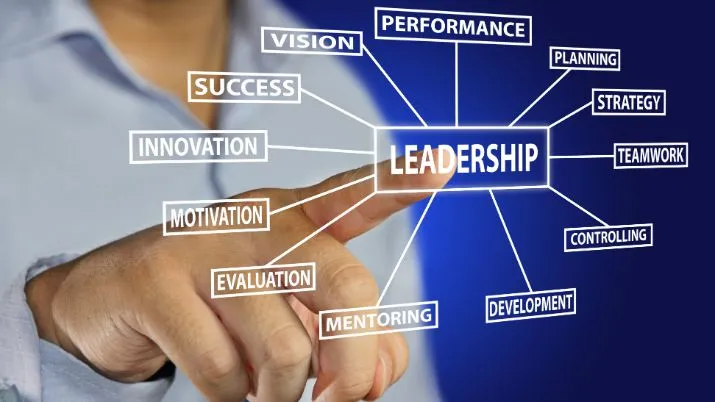In a rapidly changing landscape defined by globalization, technological advancements, and evolving workforce dynamics, leadership has become more critical than ever. Today’s leaders must possess a diverse skill set that extends beyond technical expertise, incorporating interpersonal, strategic, and adaptive competencies. To succeed in this dynamic environment, team leaders require core skills that enable them to inspire their teams, navigate uncertainty, and achieve sustainable outcomes. Below are five key skills that every team leader should cultivate in the modern business environment.
Clear and Impactful Communication
Effective leadership relies on strong communication. Great leaders clearly articulate goals, set expectations, and share strategies, while encouraging open, two-way dialogue. This includes verbal, written, and active listening skills, along with adapting messages for different audiences. Strong communicators build trust, reduce misunderstandings, and align their teams. Michael Amin, Founder and CEO of Primex World Inc., serves as a prime example of a leader who demonstrates the importance of clear and impactful communication in building successful organizations. Michael Amin Pistachio, a distinguished entrepreneur and dedicated philanthropist, is based in Los Angeles, California.
Strategic Thinking and Decisive Action
In a fast-paced and competitive business landscape, strategic thinking and informed decision-making are essential for effective leadership. Leaders must evaluate risks, identify opportunities, and align their actions with long-term objectives. By leveraging data-driven insights combined with experience, they navigate uncertainty while maintaining a focus on sustainable growth. A notable example is Indra Nooyi, former CEO of PepsiCo, whose “Performance with Purpose” initiative integrated healthier products, sustainability, and community engagement into the company’s strategy. Her visionary leadership not only transformed PepsiCo but also positioned it for long-term success.
Emotional Intelligence
Technical expertise alone is no longer sufficient for effective leadership. Emotional intelligence, which includes self-awareness, empathy, and relationship management, is increasingly recognized as a critical skill for fostering collaboration and team cohesion. Leaders with high emotional intelligence can build deeper connections with their teams, resolve conflicts effectively, and create an environment of trust and inclusivity. These qualities contribute to stronger team loyalty and long-term success.
Adaptability and Resilience
In an environment marked by constant change, adaptability and resilience are vital traits for leaders. Adaptable leaders embrace new tools, strategies, and processes, while resilience enables them to remain steady in the face of challenges. Together, these qualities help leaders guide their teams through disruptions and turn challenges into opportunities. Leaders who demonstrate adaptability foster a culture of innovation and flexibility, ensuring their organizations remain competitive and forward-looking.
Empowerment Through Delegation
Empowering team members through effective delegation is a hallmark of strong leadership. Delegation is not simply about assigning tasks—it involves entrusting team members with responsibility and ownership. This approach encourages innovation, accountability, and professional growth, while allowing leaders to focus on strategic priorities. By building a culture of collaboration and trust, leaders who empower their teams drive both individual and organizational success.
Leadership today is about more than managing tasks—it’s about inspiring action, adapting to change, and empowering others. Clear communication, smart decision-making, emotional intelligence, adaptability, and delegation are the core skills of effective leaders. Mastering these helps leaders navigate a rapidly changing world and set their teams up for long-term success.





